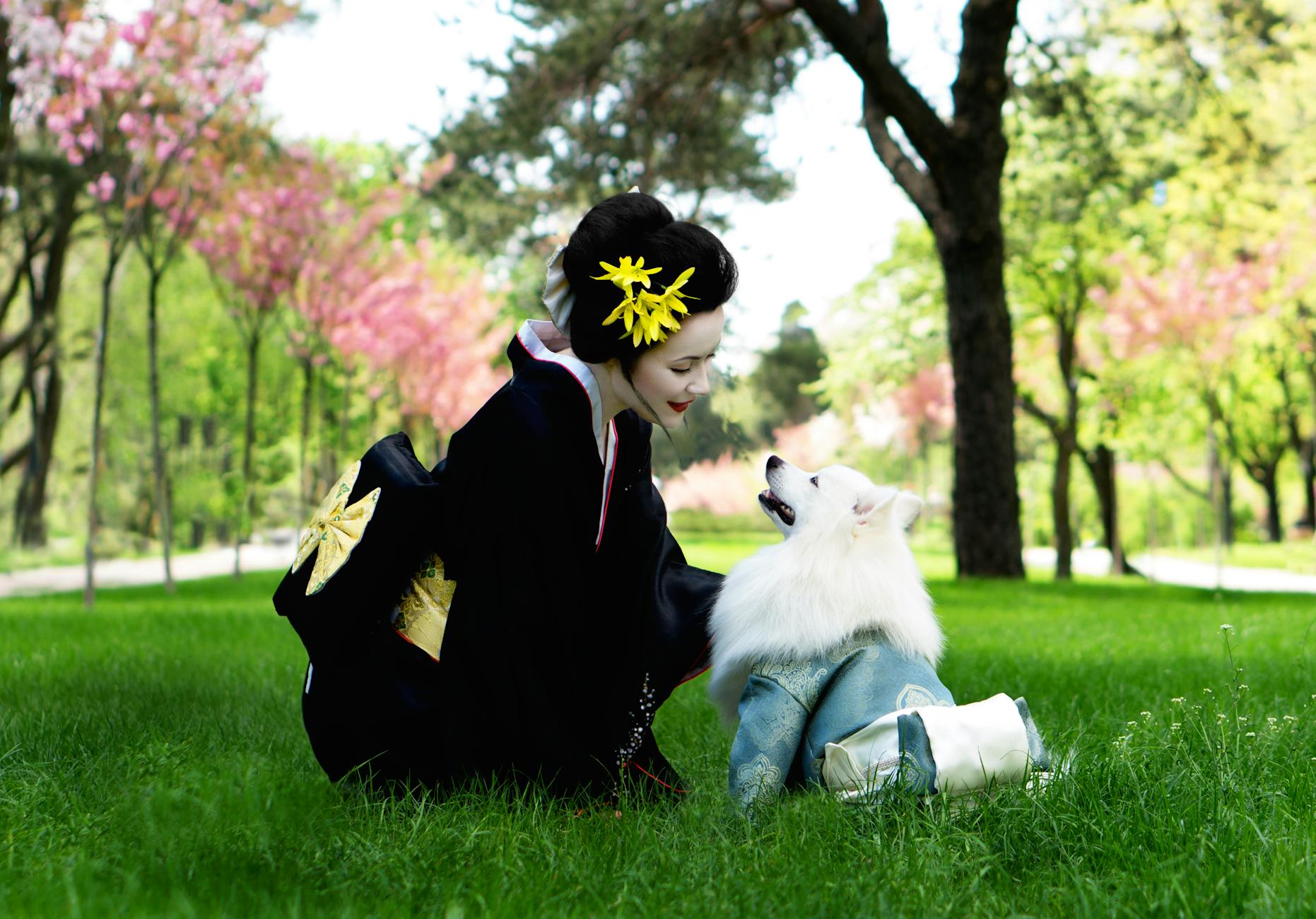The global race in AI-powered video generation has heated up, with ByteDance, the Chinese tech giant behind TikTok, now entering the fray. ByteDance has launched Jimeng AI, a text-to-video software that directly challenges OpenAI’s Sora and similar offerings from Google. With this move, ByteDance joins a growing list of Chinese tech companies that are rapidly developing and deploying AI video tools, aiming to carve out their own share of the emerging market.
Since the debut of OpenAI’s Sora in February, which garnered significant attention for its ability to generate videos from text prompts, Chinese firms have been quick to respond. Among these, ByteDance’s Jimeng AI stands out, offering a blend of advanced AI-driven video and image creation capabilities.
Developed by Faceu Technology, a subsidiary of ByteDance’s Jianying business unit known for the popular video editing app CapCut, Jimeng AI is now available on the Apple App Store for users in China. The software allows users to transform simple text descriptions into unique images and videos, showcasing ByteDance’s commitment to advancing AI in the creative industry.
Features of Jimeng AI
- AI-Powered Image Creation: Jimeng AI enables users to generate original images simply by describing their ideas in natural language. The app also offers tools to edit and enhance these images, providing a personalized touch.
- Video Generation: By inputting text prompts, users can create videos that align with their vision. The app allows multiple iterations, ensuring that the final product meets the user’s expectations.
- Sharing and Exploration: Users can share their creations through links and explore other users’ works on the app’s Explore page. This feature encourages community interaction and inspiration, with users able to comment and engage with each other’s creative output.
- Customization: Jimeng AI offers the option to personalize and recreate other users’ content by using new prompts, fostering a collaborative and evolving creative environment.
ByteDance’s entry into the AI video space comes on the heels of other Chinese tech companies like Kuaishou and Zhipu AI, which have also launched similar models in recent months. Kuaishou, a leading video app in China, recently introduced Kling AI, a text-to-video model accessible globally. Meanwhile, Zhipu AI’s video-generating model Ying, along with Shengshu’s Vidu app, marks a notable push by Chinese startups into this innovative sector.
Jimeng AI is available on a subscription basis, with plans starting at 69 Yuan for a month, 79 Yuan for a single month, or 659 Yuan annually. These subscriptions allow users to generate up to 2,050 images or 168 AI videos per month, positioning Jimeng AI as a competitive alternative to other global offerings.
As ByteDance continues to expand its AI capabilities, the competition between Chinese and Western tech giants in the text-to-video space is set to intensify, with each vying to lead the next wave of digital content creation.







